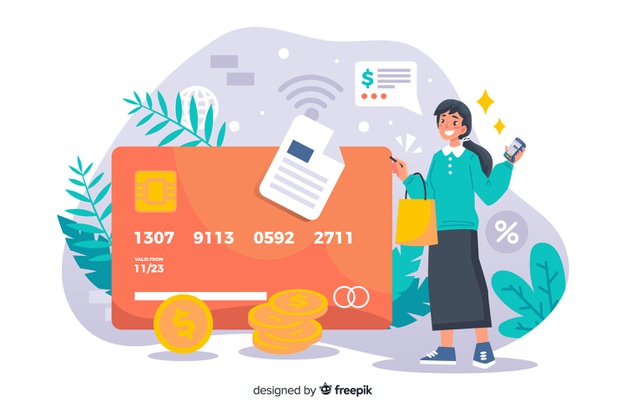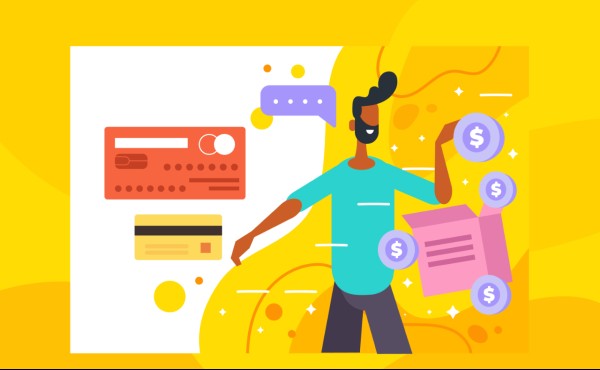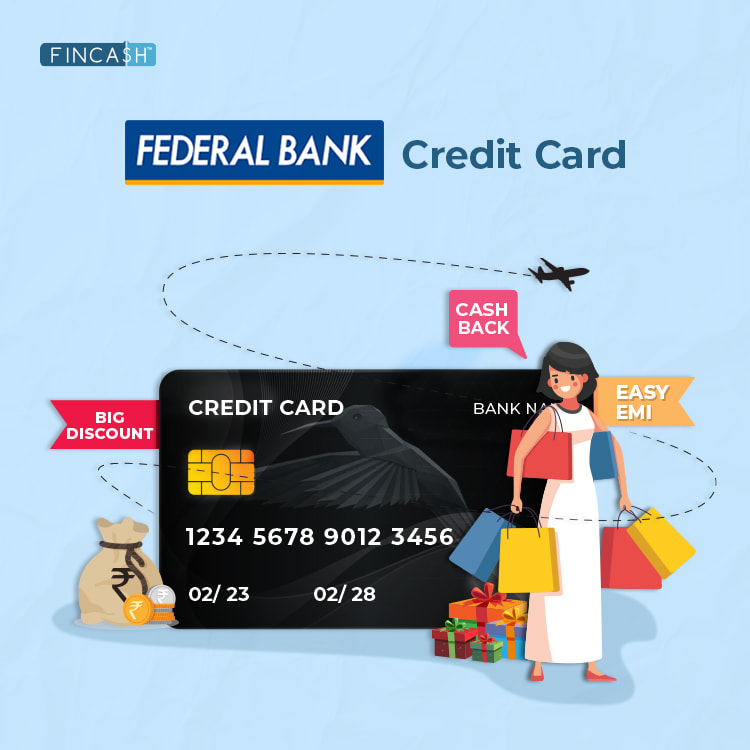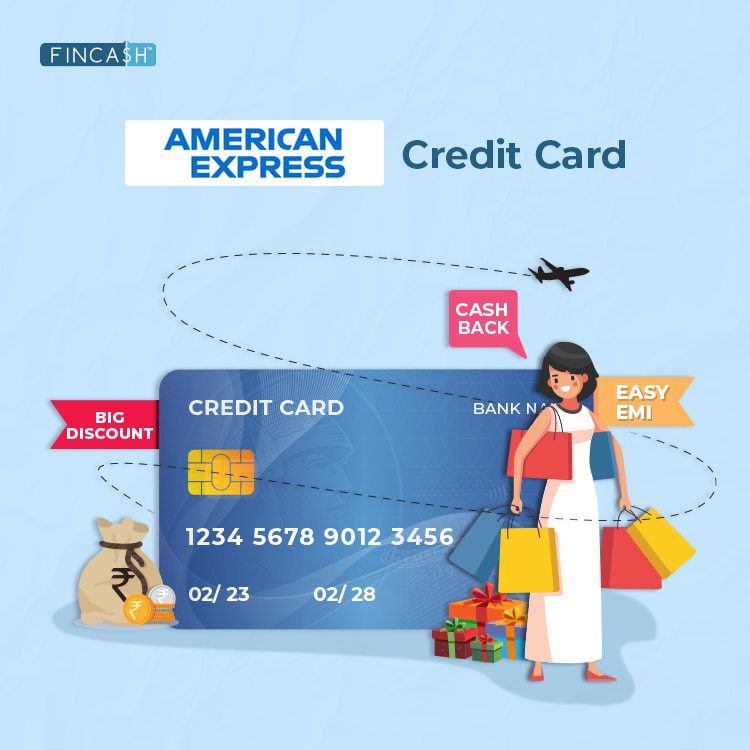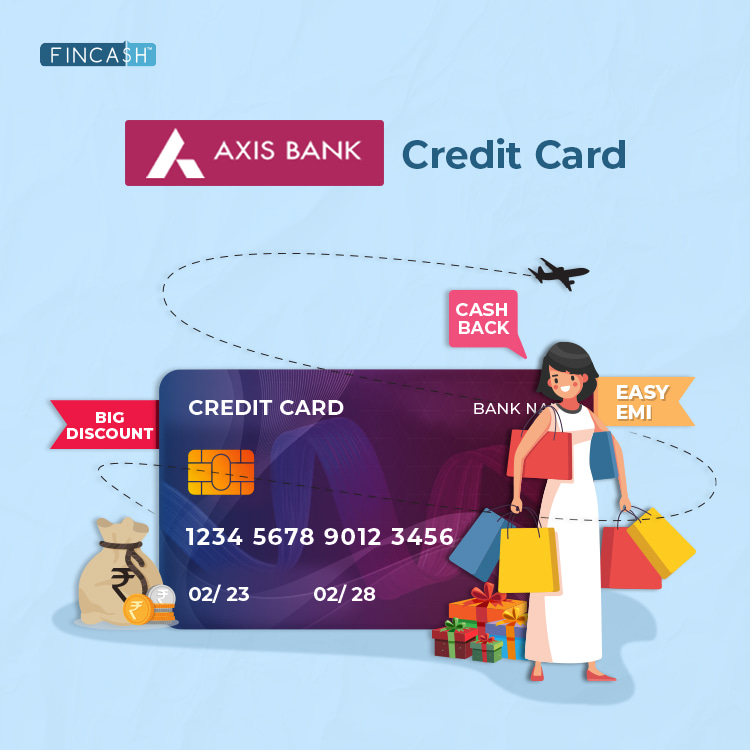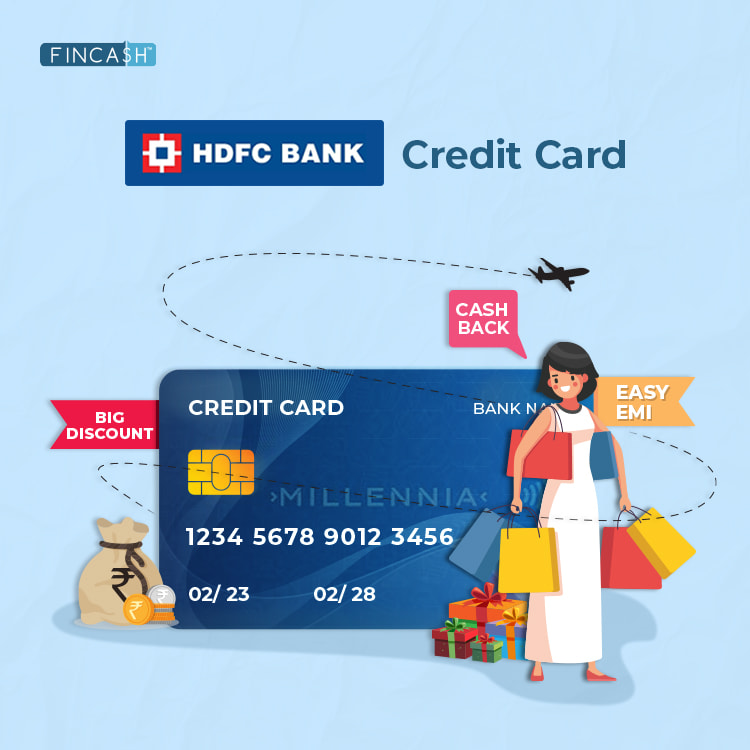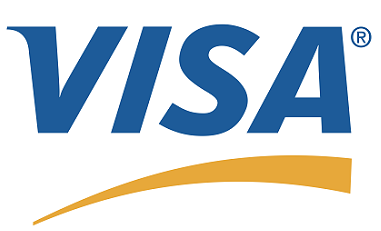Credit Card Bill: What Should You Do If You Can't Pay Your Bill?
In today's fast-paced world, credit cards have become an essential financial tool for many. They offer convenience, rewards, and easy access to funds. Yet with tremendous power comes great responsibility, and you risk suffering dire repercussions if you fail to make your credit card payment on time.
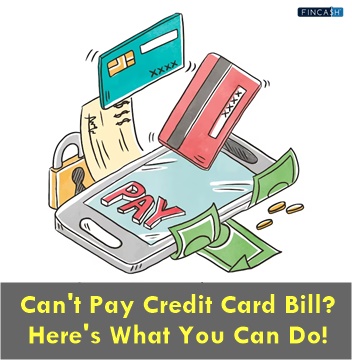
In India, the total credit card outstanding amount has grown to over Rs.37.7 trillion, according to the Reserve Bank of India. There are things you can do to get back on track if you're having trouble paying your credit card payment. You're not the only one. This article will explore what you should do if you find yourself in this situation.
About credit card bill
A credit card bill is a monthly statement that lists all the transactions made using a credit card during a Billing cycle. It includes the number of purchases, cash advances, balance transfers, and fees charged to the card. The bill also shows the minimum payment due, the due date, and the interest rate charged on the outstanding balance. Failure to pay the credit card bill on time can result in late fees, increased interest rates, and damage to your credit score. Thus, it is important to manage credit card bills responsibly to avoid financial hardship and maintain a good credit standing.
Factors that may prevent you from paying your credit card bill
There are a number of factors that might prevent you from paying your credit card bill. Some of the most common reasons include unforeseen circumstances such as medical emergencies, job loss or income reduction, and overspending or financial mismanagement. Medical emergencies can arise unexpectedly, leaving you with unexpected medical bills that may take a significant portion of your income. These situations can leave you with little to no money to pay your credit card bill. Job loss or income reduction can also be a significant factor that prevents you from paying your credit card bill. A sudden loss of income can make it difficult to meet all of your financial obligations, including credit card payments.
Overspending or financial mismanagement is another reason why you might not be able to pay your credit card bill. Spending beyond your means and not managing your finances properly can lead to credit card debt that you may find challenging to repay. Additionally, some credit cards may have high-interest rates or annual fees that can make it difficult to keep up with payments. If you're carrying a balance on your credit card, the interest charges can quickly accumulate and make it challenging to pay off your debt.
Regardless of the reason why you can't pay your credit card bill, it's important to take action as soon as possible. Ignoring the issue can lead to further financial problems and even legal action taken against you by the credit card company. Seeking help and exploring options for repayment can help you get back on track and avoid any adverse consequences.
Get Best Cards Online
What to do if you can't pay your credit card bill?
There are various actions you may take to get back on track if you are unable to pay your credit card account. Here are some options you can explore:
1. Contact your credit card company
If you're struggling to pay your credit card bill, the first step you should take is to contact your credit card company. Many companies offer options for repayment plans or hardship programs that can help you get back on track. These programs may include lower interest rates or extended payment terms. Be upfront and honest about your financial situation and explain why you're unable to make payments on time.
2. Negotiate for lower interest rates
The interest charges on your credit card may rapidly add up and make it difficult to pay off your debt if you have a balance. In some circumstances, you might be able to bargain for reduced interest rates with your credit card provider. It can help reduce the overall amount you owe and make it easier to pay off your debt.
3. Seek help from a credit counseling agency
Credit counselling agencies can provide valuable resources and advice for managing your finances and getting out of debt. These agencies can work with you to create a budget and payment plan that fits your needs and financial situation. They may also negotiate with your creditors on your behalf to reduce interest rates or payments.
4. Consider a balance transfer to a low-interest credit card
A Balance Transfer to a low-interest credit card can be an effective way to reduce interest charges and pay off your debt more quickly. However, read the terms and conditions carefully before transferring, as some credit cards may charge fees or have high-interest rates after an introductory period.
5. Prioritise which bills to pay first
If you cannot pay all your bills on time, prioritise which bills to pay first. Your credit card bill should be one of the top priorities since failing to pay can result in additional fees and damage your credit score.
Tips for avoiding credit card debt
Credit cards are a convenient and essential financial tool for many people, but they can also be a double-edged sword. On the one hand, they allow you to make purchases and pay for things you may not have the cash for. On the other hand, they can lead to credit card debt if you don't use them responsibly. Here are some tips for avoiding credit card debt:
Set a budget: Before using your credit card, set a budget for your monthly expenses. This will help you avoid overspending and getting into debt. Stick to your budget and avoid impulse purchases that you cannot afford to pay off.
Pay off your balance in full every month: The best way to avoid credit card debt is to pay off your balance every month. This way, you won't incur any interest charges and will maintain a good credit score. Ensure you can afford to pay off your balance before making any purchases with your credit card.
Use your credit card for emergencies only: Credit cards should be used for emergencies. If you can't afford to pay for something with cash, you probably shouldn't buy it. Reserve your credit card for unexpected expenses or large purchases when you cannot immediately in cash.
Avoid cash advances: Cash advances on your credit card should be avoided at all costs. They come with high fees and interest rates and can quickly lead to credit card debt.
Keep your credit utilisation low: Your credit utilisation is the amount you use compared to your total Credit Limit. It's best to keep your credit utilisation below 30% to maintain a good credit score and avoid getting into credit card debt.
Monitor your spending: Keep track of your credit card spending by reviewing your monthly statements regularly. This will help you identify any unnecessary expenses and adjust your budget.
Avoid multiple accounts: Too many credit cards can be overwhelming and lead to overspending. Stick to one or two credit cards that offer the best rewards and benefits for your needs.
Pay on time: Pay your credit card bill on time to avoid late fees and negative marks on your Credit Report. Late payments can also lead to higher interest rates, making it harder to pay off your balance.
Final Thoughts
Not being able to pay your credit card bill can be stressful, but there are steps you can take to address the issue. The most important thing is to act quickly and communicate with your credit card company as soon as possible. They may be able to offer solutions such as a payment plan or hardship program to help you manage your debt. It's also important to examine your spending habits and make changes to ensure you can meet your financial obligations in the future. Remember, with careful planning and responsible financial management, you can take control of your credit card debt and achieve financial stability.
Frequently Asked Questions (FAQs)
1. Is it possible to transfer my credit card amount to another card to avoid late payment fees?
A: Yes, transferring your balance to another card with a lower interest rate or promotional offer can help you avoid late payment fees and reduce your overall debt.
2. What are the consequences of not paying my credit card bill for several months?
A: In case of not pay your credit card bill for several months, your account may be sent to collections, and the credit card company can sue you. This can result in a judgement against you, take temporary possession, or even a claim on your property.
3. Will my credit score be affected if I can't pay my credit card bill?
A: Yes, if you cannot pay your credit card bill on time, your credit score may be negatively impacted. Late payments can stay on your credit report for up to seven years and can significantly lower your credit score.
4. Can I negotiate with my credit card issuer if I can't pay my bill?
A: Yes, you can negotiate with your credit card issuer if you cannot pay your bill.
5. Can bankruptcy help me get rid of my credit card debt?
A: Yes, bankruptcy can help you get rid of your credit card debt. Filing for bankruptcy can have a significant impact on your credit score and make it difficult to obtain credit in the future.
All efforts have been made to ensure the information provided here is accurate. However, no guarantees are made regarding correctness of data. Please verify with scheme information document before making any investment.
